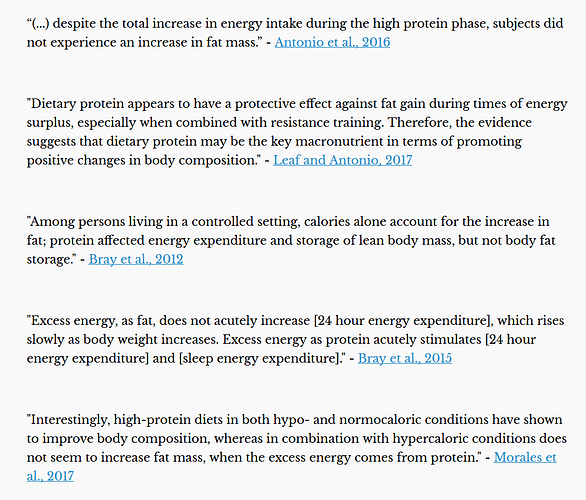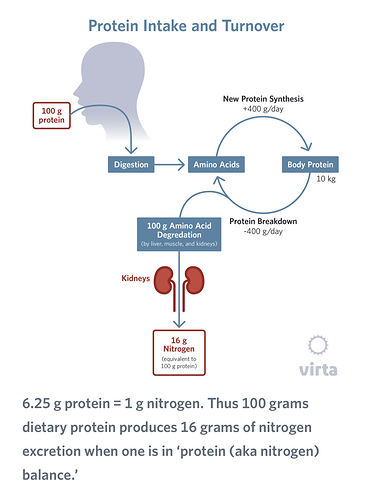There is essentially 3 levels of body mass that get into these “X grams per kilogram of…” recommendations.
- There is “per kilogram of body weight” - this one is almost never the intended statement as it is obviously way off for obese people.
- There is “per kilogram of lean body mass” - where “lean body mass” is your true lean body mass as measured by a dunk tank or DEXA scan.
- There is “per kilogram of lean body mass” - where “lean body mass” is your weight when you are “lean” (i.e. maybe 17% body fat for men and 24% for women).
On the TKD podcast, I am pretty sure I remember them clarifying that “lean body mass” was (maybe, if you were slim at the time) your high school weight. They wanted to use this number because it didn’t require any complex (expensive) measurement. So, if you have some idea what your weight would be if you were somewhat fit and lean - it is that (in kilograms) times 1 to 1.5 grams.





